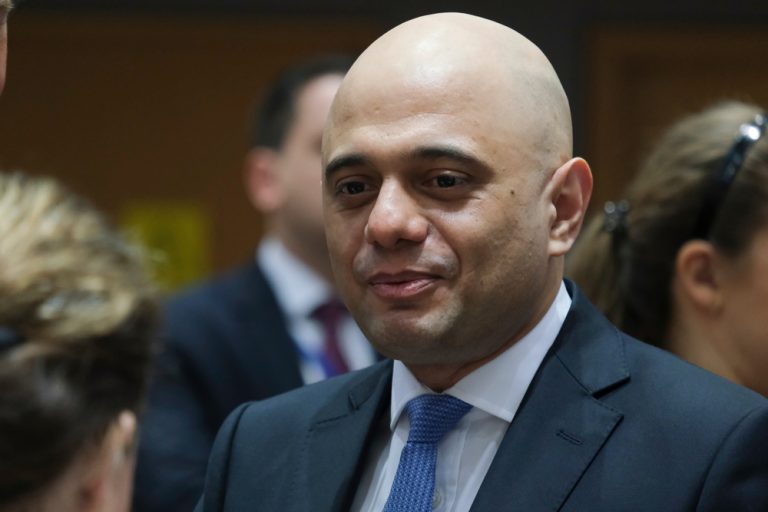Javid’s lengthy (8,600 word, 16-page) speech on “reforms” on March 8 was laden with waffle, two feeble jokes, and centred on half a dozen rehashed old ideas – but gave not a single clue as to where the money is supposed to come from to make any of them deliver improved services.
He talked about an enhanced “right to choose” a health care provider for elective care: this right already exists in the NHS Constitution. And it’s cold comfort to an older patient losing their mobility on the country’s longest waiting lists in Birmingham, for example, to be given the chance to compete with millions of other patients who are also facing long delays, for the chance of securing a quicker operation at Guy’s and St Thomas’s in London, where the delays are shorter.
Patients want timely access to good quality care where they are, not a system that requires them to spend weeks trawling the internet, join a bunfight with other desperate patients to get on another operating list – and then have to trek a hundred miles or more to, and back from, a distant operating theatre.
That’s not choice: that’s a nightmare – and without the massive additional spending called for by SOSNHS, it does nothing to expand capacity.
Javid also wants to expand the number of people benefitting from “personalised care” – but without additional staff and services, this just amounts to more online “do it yourself” manuals in the form of apps and websites, and leaves millions of digitally excluded people on the outside looking in.
Javid calls for more people to be given “personal health budgets”: this was the big idea of Simon Stevens’ Five Year Forward View eight years ago. In 2014 he suggested “north of five million” such personal budgets might be operational by 2018, sharing £5 billion between them.
This would have meant average payments of just £20 per week – nowhere near enough to secure any meaningful care package – even if the services required were available, and the patient/client was confident enough and able to sort out their own care. But almost nobody really wants these budgets: by 2021 the number of people receiving them had only risen to 100,000.
Javid wants more use of the NHS App “to help people manage their health,” but while apps might be good at monitoring, it needs health professionals to advise and prescribe the necessary treatment.
He demands electronic patient records are rolled out to 90% of trusts by December 2023 and 80% of social care providers by March 2024 – but with many trusts facing hefty urgent backlog maintenance bills, it’s obvious there is nowhere near enough money in the system for this.
Javid also drew attention to the ‘Shared Lives’ scheme, “‘… where people in need of care go to live with carers and become like any other member of the family – think of it like fostering but for adults.”
Again this lacks all of the necessary ingredients: carers, management and coordination, and resources: it is yet another attempt to substitute for the gaping holes that should be social care and community health services.
These “reforms” recycle old ideas that are discredited, or impractical, or both. In the midst of 15 years of brutal austerity funding they are a poor substitute for investment in health and social care.
Offered the choice between ‘reforms’ and more money, the NHS has to demand the money.
Dear Reader,
If you like our content please support our campaigning journalism to protect health care for all.
Our goal is to inform people, hold our politicians to account and help to build change through evidence based ideas.
Everyone should have access to comprehensive healthcare, but our NHS needs support. You can help us to continue to counter bad policy, battle neglect of the NHS and correct dangerous mis-infomation.
Supporters of the NHS are crucial in sustaining our health service and with your help we will be able to engage more people in securing its future.
Please donate to help support our campaigning NHS research and journalism.


